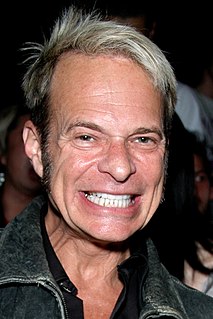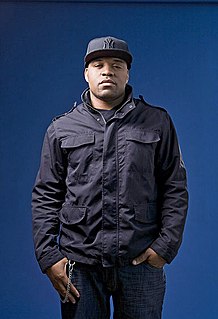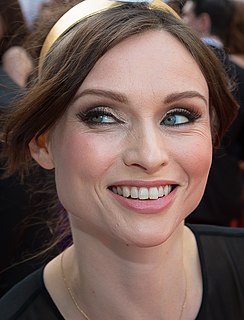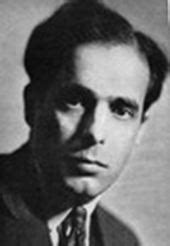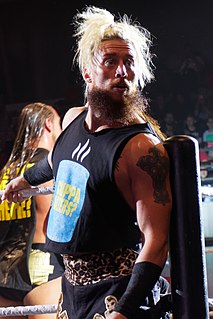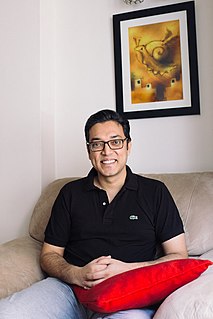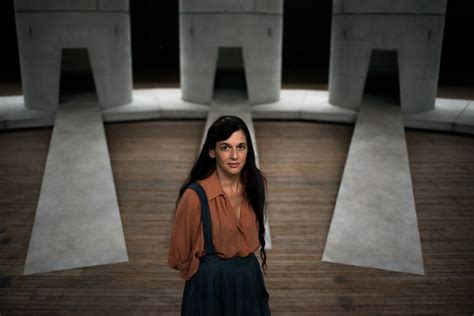A Quote by David Lee Roth
Audience participation should extend from on-stage to backstage to under the stage
Related Quotes
Listen to the stage manager and get on stage when they tell you to. No one has time for the rock star bullshit. None of the techs backstage care if you're David Bowie or the milkman. When you act like a jerk, they are completely unimpressed with the infantile display that you might think comes with your dubious status. They were there hours before you building the stage, and they will be there hours after you leave tearing it down. They should get your salary, and you should get theirs.
There is no definitive list of the duties of a stage manager that is applicable to all theaters and staging environments. Regardless of specific duties, however, the stage manager is the individual who accepts responsibility for the smooth running of rehearsals and performances, on stage and backstage.
Normally classical music is set up so you have professionals on a stage and a bunch of audience - it's us versus them. You spend your entire time as an audience member looking at the back of the conductor so you're already aware of a certain kind of hierarchy when you are there: there are people who can do it, who are on stage, and you aren't on stage so you can't do it. There's also a conductor who is telling the people who are onstage exactly what to do and when to do it and so you know that person is more important than the people on stage.
I got on stage and I went, "Oh wow. No stage fright." I couldn't do public speaking, and I couldn't play the piano in front of people, but I could act. I found that being on stage, I felt, "This is home." I felt an immediate right thing, and the exchange between the audience and the actors on stage was so fulfilling. I just went, "That is the conversation I want to have."
You see, what is my purpose of performance artist is to stage certain difficulties and stage the fear the primordial fear of pain, of dying, all of which we have in our lives, and then stage them in front of audience and go through them and tell the audience, I'm your mirror; if I can do this in my life, you can do it in yours.
You see, what is my purpose of performance artist is to stage certain difficulties and stage the fear the primordial fear of pain, of dying, all of which we have in our lives, and then stage them in front of audience and go through them and tell the audience, 'I'm your mirror; if I can do this in my life, you can do it in yours.'
There's the beauty of the stage. I don't like filmed theater or opera because you're kind of playing soccer in a hockey game. Either or, they don't do justice to the media and you end up with a hybrid that is purely sensationalistic. Opera is a very theatrical medium that should be seen on a stage with the musicians in the pit in the audience.
